Last Updated on July 22, 2021 by Rachel Hall
In many places around the world, lockdowns are lifting, vaccination rates are rising and people are starting to come out of their houses again, eyes blinking in unaccustomed summer sunlight. Whilst many are jubilant, others feel a little more conflicted – saddened by the tragedy, afraid after months of being alone, concerned by new variants. Ever the succinct voice of a generation, Olivia Rodrigo summed it up best: it really is brutal out here.
This confusion has affected many parts of our lives. Can we travel, or resume hobbies, or see friends and family? Can we date again? Do we actually want to, or has living through something so all-encompassing and bizarre helped us to focus our priorities? I don’t have the answers for you, but I do have two new acronyms: FODA and FOMU. Look, I am aware the FODA and FOMU sound like characters from a children’s cartoon about veganism, but they are actually about dating, I promise.
Dating industry during the pandemic
FODA stands for Fear of Dating Again and FOMU stands for Fear of Meeting Up. It’s honestly pretty sad that the two new terms both include the word ‘fear’, but it’s also pretty unsurprising, given everything. In a survey by Mashable in April 2021, 35% of people described dating as ‘stressful’ and 38% of people said things had been awkward during the pandemic. Perhaps there’s some solace to be found. One thing that dating apps regularly emphasise is the need for similar interests and experiences.
I’ll admit that they often mean ‘cares a lot about football’ or ‘likes to travel’ or, god forbid, ‘thinks The Office is the funniest thing in the world and talks about it constantly’ and not ‘a deeply tragic pandemic has made me feel a bit weird and scared’, but I guess it’s a start. Sometimes it can be comforting to know that lots of people are feeling the same way as you do and, if you’re finally out on a date, to look across the table and see someone nervously fidgeting.
The comradery might bring you closer or at least give you something to connect over. Conversely, it might make things worse: you look at your date, ask them if they are uncomfortable, tell them that you are uncomfortable and then sit there in uncomfortable silence for 20 minutes before going to the bathroom, hopping out the window, faking your death and running away with the circus. But hey, you might meet a nice acrobat who shares your passion for Asian food, and you’ll fall deeply in love.
Dating Apps
But I digress. Dating apps have conducted surveys and pulled together all kinds of data on their users in an attempt to understand what people want and where things are going, but it’s often a good idea to take these statistics with a pinch of salt. Firstly, because their sample is often from their sites, which are designed for people of specific ages and backgrounds and therefore do not reflect the whole market, and secondly because this really is a time of uncertainty and nobody knows what life will look like in six months.
The UK, with a fairly high number of vaccinated people, has been told that it may well have to go back into lockdown in the winter of 2021, which will presumably drive up the demand for online dating again. A lot of very smart analysts are all predicting different things, and it’s unreasonable for a random Tinder user to say with more certainty that they’re ‘open to keeping things flexible’ or ‘definitely looking for a long-term relationship’ when they might not be able to do either of those things.
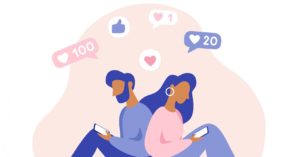
Everyone is ready to be done with the pandemic. We’ve been in the current situation for nearly a year and a half now and it feels bleak. Perhaps we will move past this and people will be safe, but we’re going to have to deal with the lasting effects of mass trauma, and that’s going to affect everything, down to and including our dating lives. So FODA and FOMU are, really, a natural response to an unnatural time.
So yes, some people may be enjoying themselves this hot summer or getting ready for in-person dates with everyone they connected with over the lockdown, but it’s almost impossible to predict where this might lead. One thing does seem pretty clear, though: for a lot of people, things are still strange and scary. If I could offer some advice to any prospective daters, it’s to be kind and compassionate. We’ve all been through a lot, and we might not be in the clear yet.

Rachel Hall, M.A., completed her education in English at the University of Pennsylvania and received her master’s degree in family therapy from Northern Washington University. She has been actively involved in the treatment of anxiety disorders, depression, OCD, and coping with life changes and traumatic events for both families and individual clients for over a decade. Her areas of expertise include narrative therapy, cognitive behavioral therapy, and therapy for traumatic cases. In addition, Rachel conducts workshops focusing on the psychology of positive thinking and coping skills for both parents and teens. She has also authored numerous articles on the topics of mental health, stress, family dynamics and parenting.

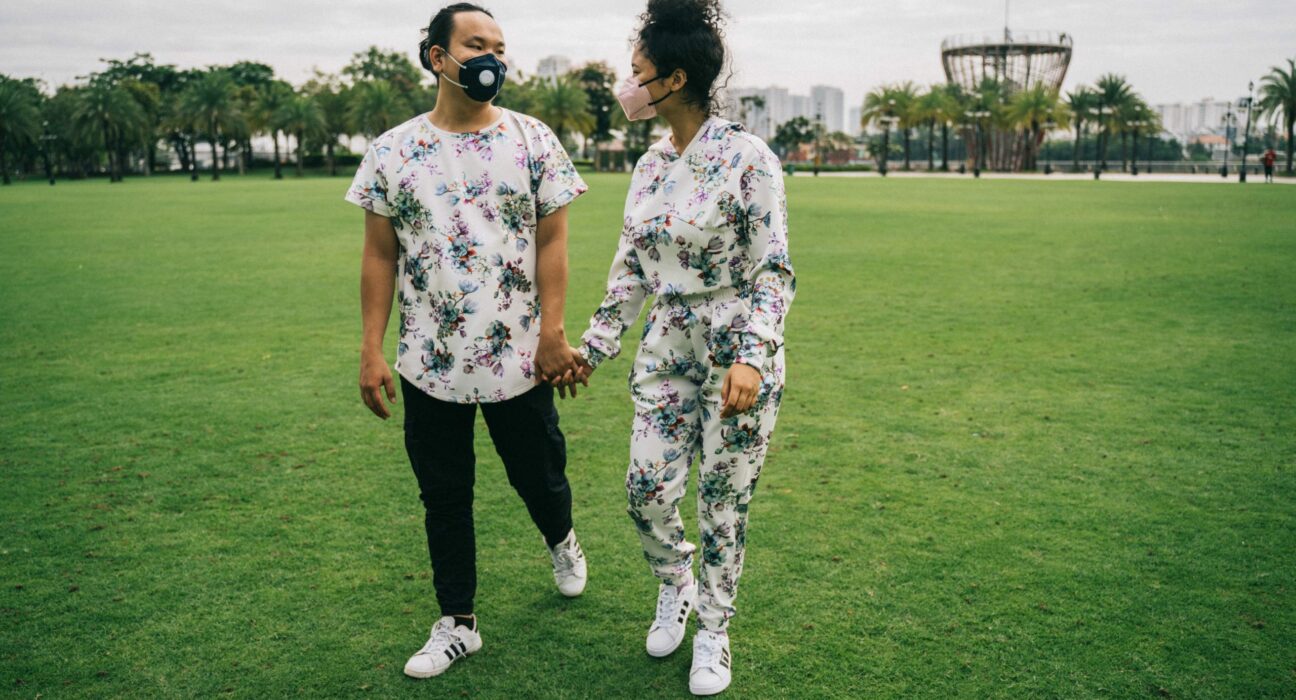


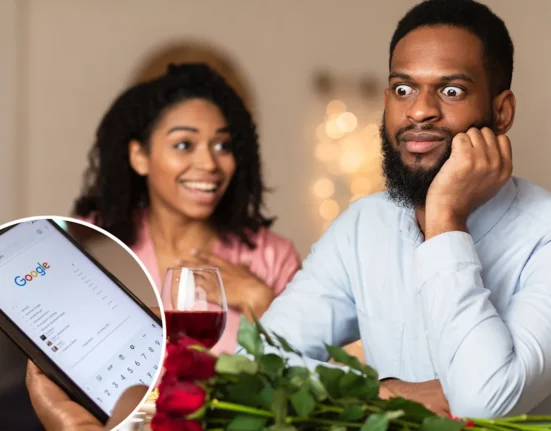

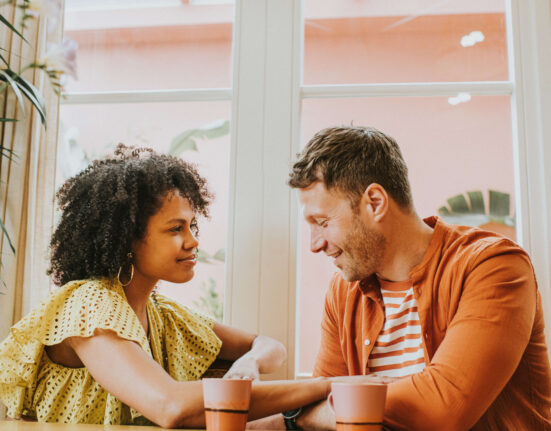
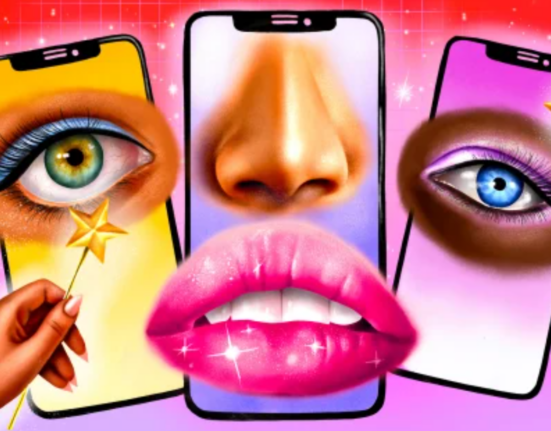
Leave feedback about this